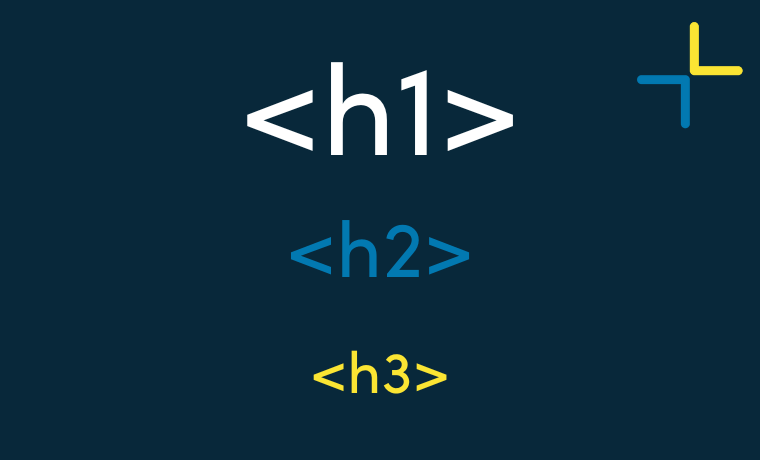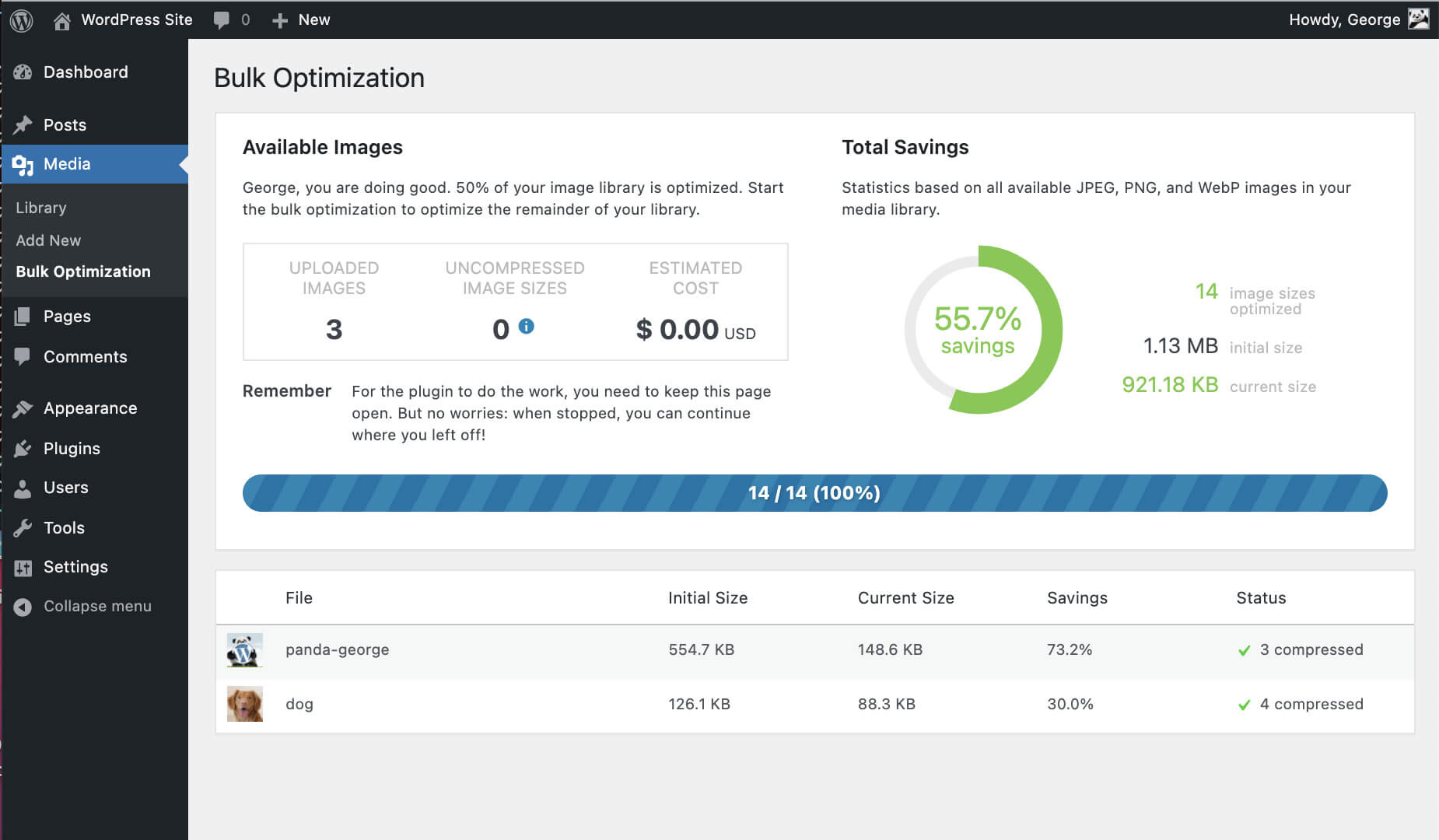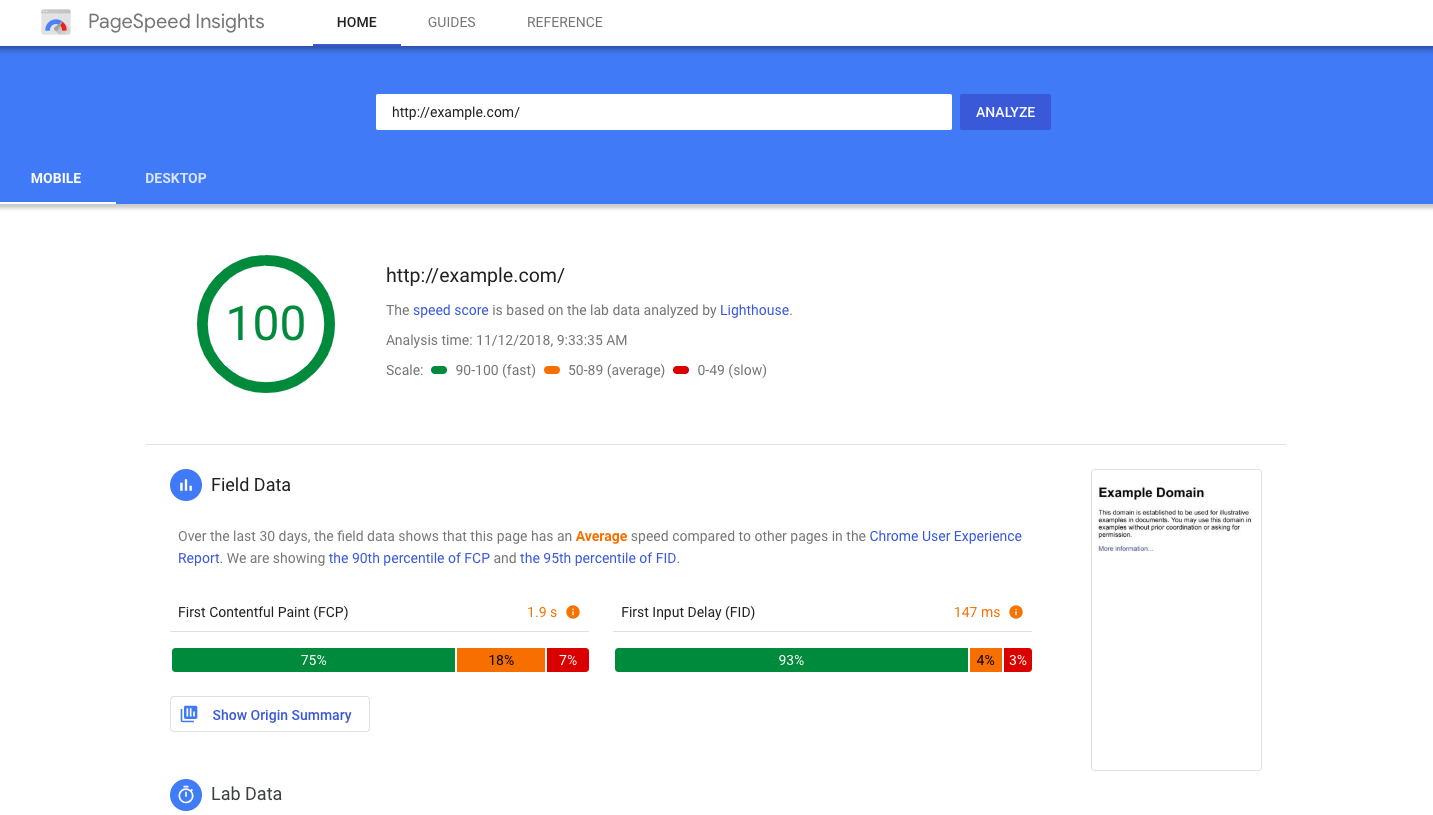Technical SEO
The success of your SEO begins with how Google reads and interprets your webpages. Poorly structured websites have issues with their technical SEO that often needs to be repaired to allow search engines to find your content. We leverage a variety of tools to crawl your website and understand how search engines view it, then bring it up to speed with current standards.



What is Technical SEO?
Technical SEO refers to the optimization of a website’s code, structure, and architecture for optimal visibility in search engine results pages (SERPs). It involves making sure that all aspects of a website—including URLs, titles, meta descriptions, images, source code, robots.txt, XML sitemaps—are properly configured so they can be crawled and indexed by search engines.
Technical SEO also includes the optimization of page speed, mobile compatibility, and security to ensure a smooth user experience. The goal is to make sure that search engine algorithms recognize and rank a website for relevant keywords quickly and accurately through an easily accessible and navigable site.
What Happens If Your Technical SEO is Bad?
If the technical elements of a website are not up to par, they can lead to a number of issues, namely unfavorable rankings. Poorly optimized websites often have reduced visibility in SERPS because Google (and other search engines) can’t properly access or read content. And a slow website can be a detriment to businesses as visitors expect a fast experience and will likely bounce after a few seconds.
Don’t underestimate the power of a technically-proficient website.


What is Technical SEO?
Technical SEO refers to the optimization of a website’s code, structure, and architecture for optimal visibility in search engine results pages (SERPs). It involves making sure that all aspects of a website—including URLs, titles, meta descriptions, images, source code, robots.txt, XML sitemaps—are properly configured so they can be crawled and indexed by search engines.
Technical SEO also includes the optimization of page speed, mobile compatibility, and security to ensure a smooth user experience. The goal is to make sure that search engine algorithms recognize and rank a website for relevant keywords quickly and accurately through an easily accessible and navigable site.
What Happens If Your Technical SEO is Bad?
If the technical elements of a website are not up to par, they can lead to a number of issues, namely unfavorable rankings. Poorly optimized websites often have reduced visibility in SERPS because Google (and other search engines) can’t properly access or read content. And a slow website can be a detriment to businesses as visitors expect a fast experience and will likely bounce after a few seconds.
Don’t underestimate the power of a technically-proficient website.
Common Areas of Technical SEO to Address
SEO Fundamentals
The basics of technical SEO include meta data (title tags and meta descriptions) optimizations, resolving 404 errors, addressing redirect issues and ensuring the site is accessible through a robots.txt file and XML sitemap.
We leverage tools like SEMRush and Screaming Frog to get a full picture of the details of a website. Once we have a list of changes that need to be made to support SEO initiatives, we work with you to implement changes, then evaluate the changes through Google Analytics and Google Search Console.
SEO Fundamentals
The basics of technical SEO include meta data (title tags and meta descriptions) optimizations, resolving 404 errors, addressing redirect issues and ensuring the site is accessible through a robots.txt file and XML sitemap.
We leverage tools like SEMRush and Screaming Frog to get a full picture of the details of a website. Once we have a list of changes that need to be made to support SEO initiatives, we work with you to implement changes, then evaluate the changes through Google Analytics and Google Search Console.
Content & URL Structure
The way content is structured, including the use of headings, subheadings, and bullet points, helps search engines understand the organization and hierarchy of information on a webpage. You want to make these elements easy to understand for both readers and search engines.
In addition to the structure of the content throughout the site, we also dig into URL structures to make them relevant, keyword-focused and easy to understand. If it’s easy for a visitor of your site to understand, it’s generally SEO-friendly.
Image Optimizations
Images are the visual representation of your content. But some images can be excessively large and cause your pages to load slowly, which is not good for SEO. We dig into your media folder and begin optimizing images to be resized, compressed and we’ll sometimes change the format of the image.
Additionally, we add content for missing alt tags and identify other ways to improve your images to benefit your users and search engines.
Image Optimizations
Images are the visual representation of your content. But some images can be excessively large and cause your pages to load slowly, which is not good for SEO. We dig into your media folder and begin optimizing images to be resized, compressed and we’ll sometimes change the format of the image.
Additionally, we add content for missing alt tags and identify other ways to improve your images to benefit your users and search engines.
Acing PageSpeed
Pagespeed is now one of the most important factors Google looks at to rank websites. While every website is unique, it’s important to try to improve pagespeed analysis and GTMetrix scores as much as possible. Not only does this help search engines access your website faster, it also provides for a better user experience.
This process of improving pagespeed involves caching, HTML / CSS / Javascript minification, database query optimization and more. In rare cases, we’ll recommend switching your website hosting to something that is faster and geared toward better SEO.
Prepare Your Site for Success
Taking the time to enhance your website’s technical SEO has lasting benefits for both visitors of your site and search engines. It’s important to be meticulous and pay close attention to every little detail to meet the level of quality that Google expects.
We abide by a rigorous technical SEO process using industry-standard tools and methods to get the foundation of your SEO right. With clean code, optimized tags and lightning-fast speed, your website will be geared for success. Remember, the technical side of things is just one pillar of an SEO campaign. You’ll also want a solid content strategy and earn impactful links for your site to truly succeed in organic results.
Frequently Asked Questions About Technical SEO
Why is technical SEO important?
Technical SEO plays a vital part in helping search engines understand and index your website effectively. By optimizing technical components such as site speed, mobile-friendliness, crawlability, and structured data, you can improve your website’s visibility, user experience and organic traffic.
Is technical SEO difficult?
Technical SEO applies to any kind of site ranging from small business sites to large e-commerce sites. While it may be easy to implement on a small WordPress-driven website, reviewing code and finding a customized solution for an enterprise site will be much more difficult.
How can I improve website speed for better technical SEO?
To enhance website speed, you can optimize images by compressing them, enable browser caching, minify CSS and JavaScript files, reduce server response time, and utilize content delivery networks (CDNs). Additionally, using a lightweight and efficient website theme or template, and optimizing database queries can also help improve speed.
What is mobile-first indexing?
Mobile-first indexing is a process where search engines primarily use the mobile version of a website’s content for indexing and ranking. With the increasing use of mobile devices for browsing, having a mobile-friendly website becomes crucial. By ensuring your website is optimized for mobile devices, you can improve its visibility and rankings in search engine results.
What is structured data?
Structured data refers to a standardized format of organizing and providing additional context to the content on your website. It helps search engines understand your website’s content more effectively, leading to the potential display of rich snippets or enhanced search results. By implementing structured data markup, you can improve the visibility and click-through rates of your website in search engine results.
How can I optimize crawling of my site?
To optimize crawlability, ensure that search engine bots can easily navigate and access your website’s pages. Use XML sitemaps to provide a comprehensive list of your website’s URLs, optimize your website’s internal linking structure, fix broken links, and use canonical tags to address duplicate content issues. Additionally, ensure that your robots.txt file is correctly configured to allow search engines to crawl relevant parts of your website.
Do I need to load my site in https?
Yes, implementing HTTPS (Hypertext Transfer Protocol Secure) is highly recommended for technical SEO. HTTPS ensures secure communication between a user’s browser and your website, encrypting the data exchanged. Search engines tend to prioritize secure websites in search results, and having HTTPS can improve your website’s trustworthiness, user experience, and search engine rankings.
How can I monitor the technical SEO of my site?
There are several tools available to monitor and analyze your website’s technical SEO performance. Google Search Console provides valuable insights into crawling errors, indexing status, and mobile usability. Other tools like Screaming Frog, SEMrush, and Ahrefs offer in-depth technical SEO audits, backlink analysis, and keyword research to help you track and improve your website’s performance.
Technical SEO Tips and Advice

Are Citations Still Important to Local SEO in 2024?
What Are Citations in Local SEO? Citations are essential for companies seeking to improve their local SEO. They mention a company's name, address, and phone number (NAP) on other websites. Citations...

From HARO to Connectively: A New Platform for Quote Links
HARO is Now Connectively.us Digital marketing is constantly moving, with new tools and platforms popping up left and right. A significant change that’s recently caught the eye of many in the SEO and...
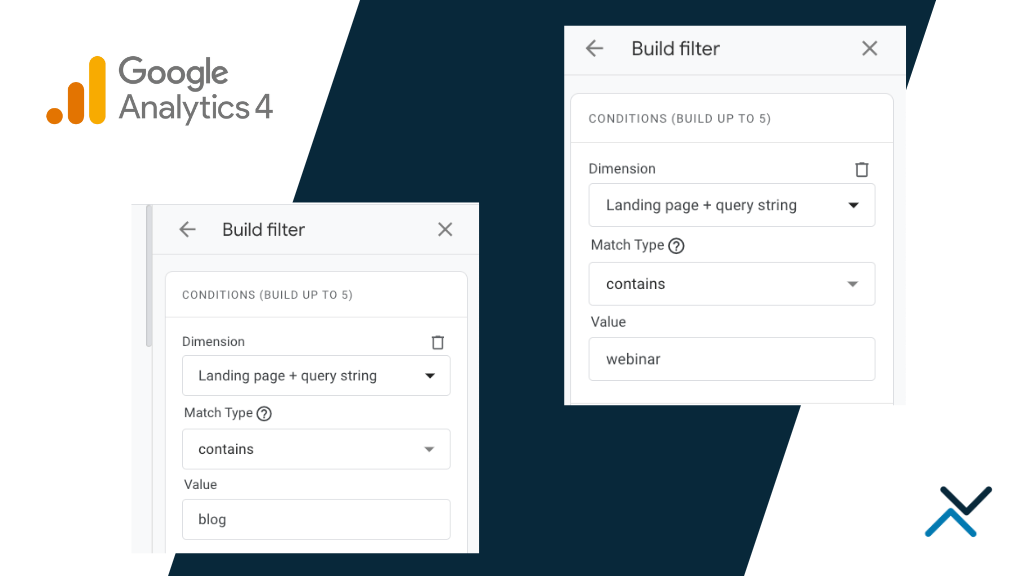
Google Analytics 4: How Do You Check Traffic for Different Groups of Pages?
How Do You Filter Traffic by Landing Page or Page Grouping in Google Analytics 4 (GA4)? Understanding your audience's behavior is paramount in digital marketing and website management. With the...

March Madness: Google Rolling Out Major Search Quality Update
Google has begun rolling out its latest algorithm update targeted toward websites with unhelpful content that is either autogenerated or generated from AI like OpenAI's ChatGPT. It's the first major...

The Essential KPIs for An SEO Campaign
What SEO KPIs Are Important? The effectiveness of SEO key performance indicators (KPIs) lies in their ability to provide tangible insights into a website's performance in search engine results....
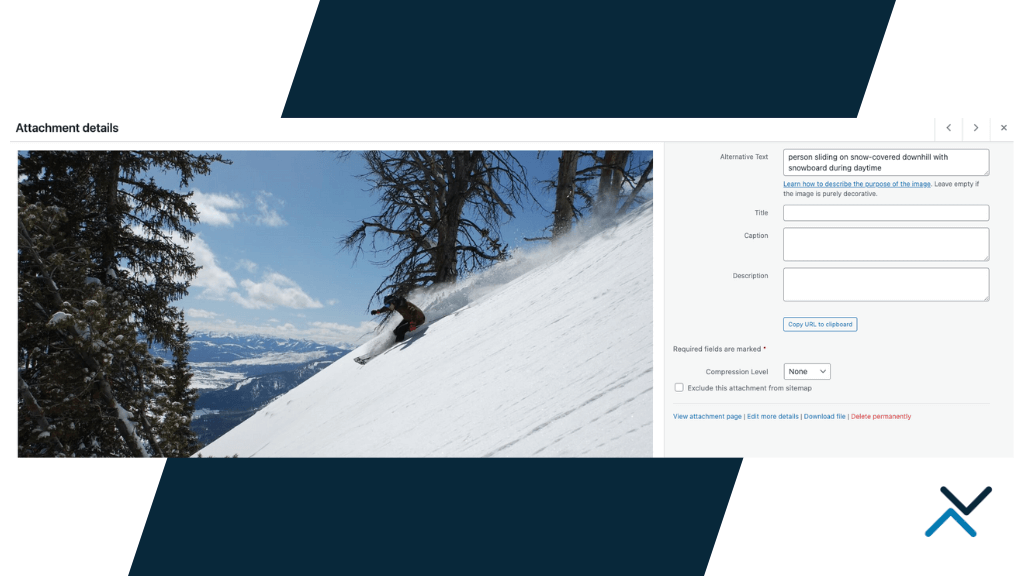
7 Ways to Optimize Images for SEO
In the US, 20% of searches occur on Google Images, underscoring the importance of carefully selecting images for web content. Google advises optimizing images according to its guidelines to boost...

Why Are HARO Links Important to SEO?
HARO, which stands for Help a Reporter Out, is a well-known platform that connects journalists and bloggers with relevant expert sources. The symbiotic relationship fostered by HARO can...

24 Tips to Improve SEO in 2024
As we embark on 2024, the dynamic world of SEO continues to evolve with new technological advancements and changing user behaviors. With the rise of AI, generative search and constant SERP updates,...
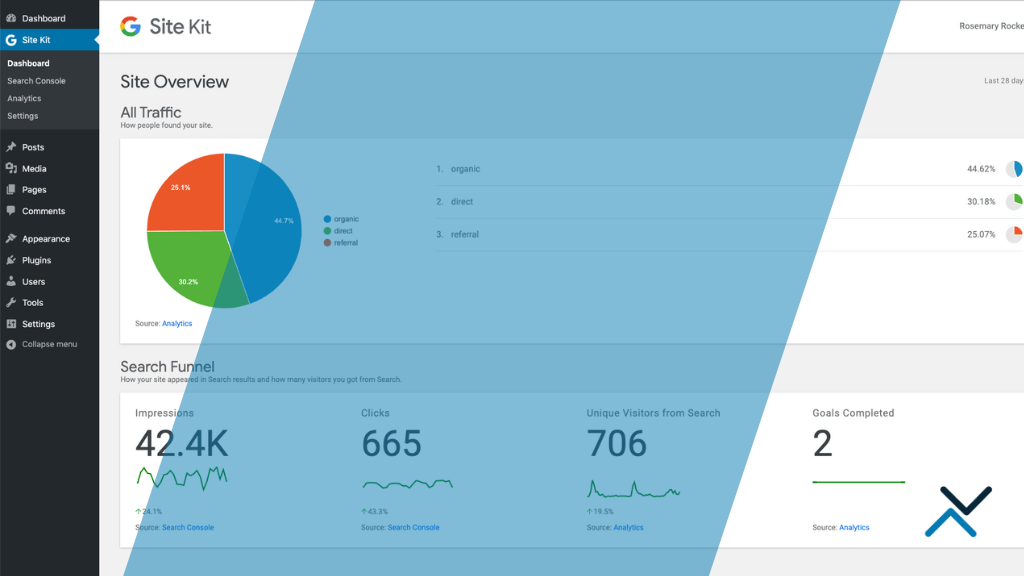
What is Google Site Kit?
Google Site Kit is an essential plugin for WordPress users, offering seamless integration of various Google services like Analytics, AdSense, PageSpeed Insights and Search Console into WordPress...

7 Link Development Ideas to Consider
As part of a digital marketing strategy, it's imperative to be continuously improving your SEO so that your website is easily discoverable by search engines. One of the best ways to achieve this is...

Key Highlights from BrightonSEO San Diego
The inaugural BrightonSEO conference in the United States has come to an end. Held in sunny San Diego, California, the conference featured a variety of speakers covering the latest and greatest...
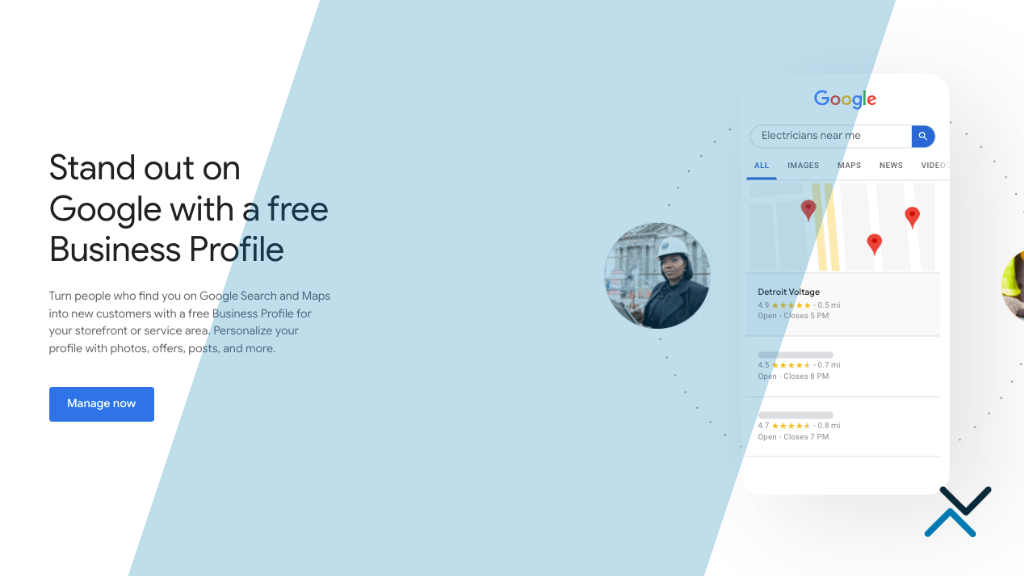
How to Provide Google Business Profile Access
Having a strong online footprint is essential for businesses today, regardless of their size or industry or location. Google Business Profile, previously known as Google My Business, is leading this...
The Octiv Note
Stay up-to-date with the latest news and tips from the world of digital marketing, web development, and SEO!
GET HELP
Connect with Us





